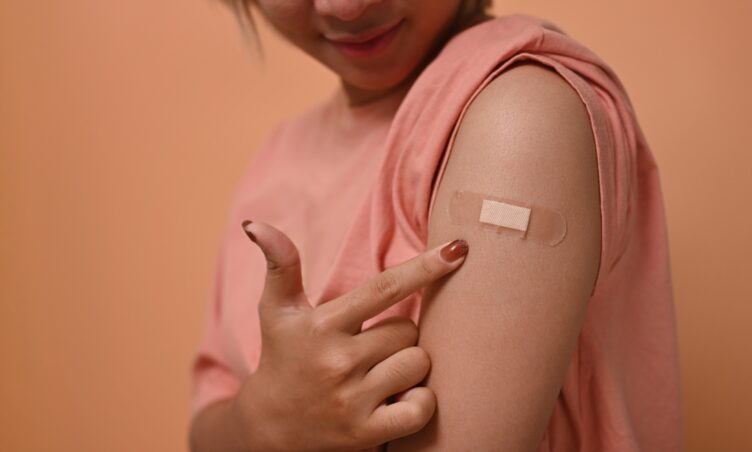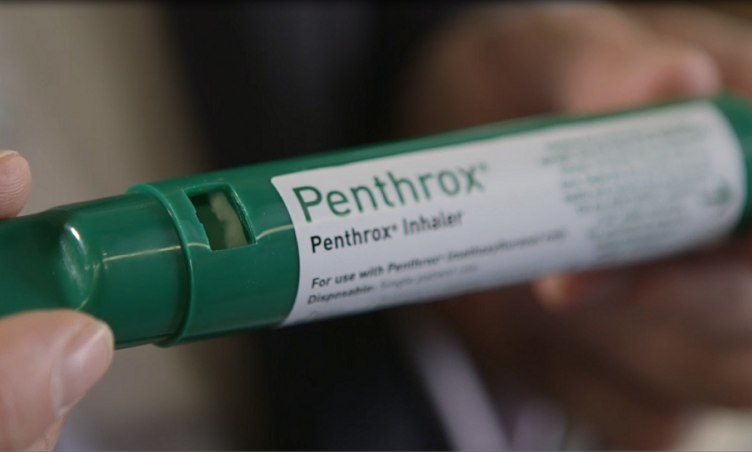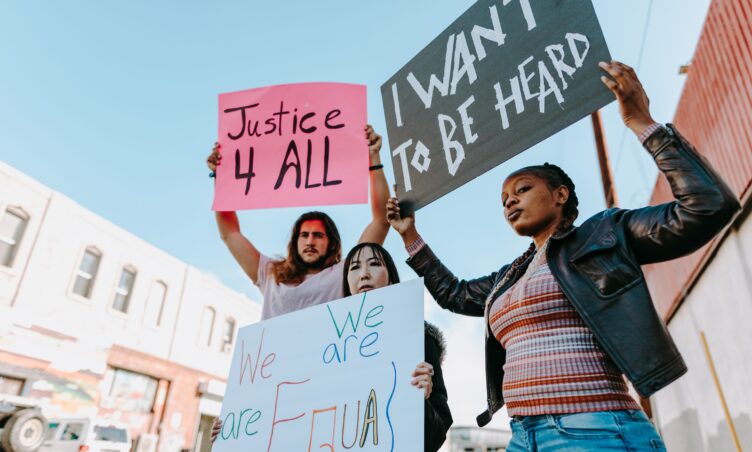What every international student should do before coming to Australia?

As exciting and overwhelming as things can get, from purchasing your flight tickets, to figuring out where to stay, getting from point A to B, as well as managing between your ‘O’ week and class schedule.
As an international student, it can get pretty hectic but it’s also good to keep in mind what can be done when first arriving in Australia – to ensure you’re on top of things. Some of them may include:
1. Familiarising yourself with your private health insurance policy
Your Overseas Student Health Cover – OSHC is your private health insurance which can help with covering costs related to medical treatment, hospital care, and some prescription medications you might require during your time as an international student in Australia.
There are numerous plans available for you, from insurance providers such as NIB, BUPA, Allianz, Australian Health Management or Medibank. It can get overwhelming to have so many options, but if ever in doubt – give them a call directly and find out which plan best suits you.
Familiarise yourself with your insurance policy and ask about waiting periods and exclusions or limitations. This is crucial to know especially when pregnancy-related care is usually not part of your insurance cover during your first 12 months arriving in Australia.
2. Payment options
Some payment options for treatment and medication can include
- paying the healthcare provider directly and get your OSHC provider to refund the cost or
- go to a clinic that does ‘direct billing’ with your insurance provider, which can significantly reduce any payment you make for the appointment. You might have to check prior with your OSHC provider or with the healthcare provider themselves, to see clinics which may have an agreement to do ‘direct billing’ close to your area.
Your insurance plan can also determine whether you might incur extra costs for some services – better known as “out of pocket” or a “gap fee”. For more information, please click here.
3. Know your medical rights
In Australia, your medical information is completely confidential and no one else can have access to it, without your consent. Abortion and contraception are both safe and legal, and are available for you at any time.
4. Get to know your what health services your education provider
Don’t hesitate to check with your university or college as you would be surprised that many of them can offer on-campus healthcare options including sexual health checks ups, assessments and women’s health care.






